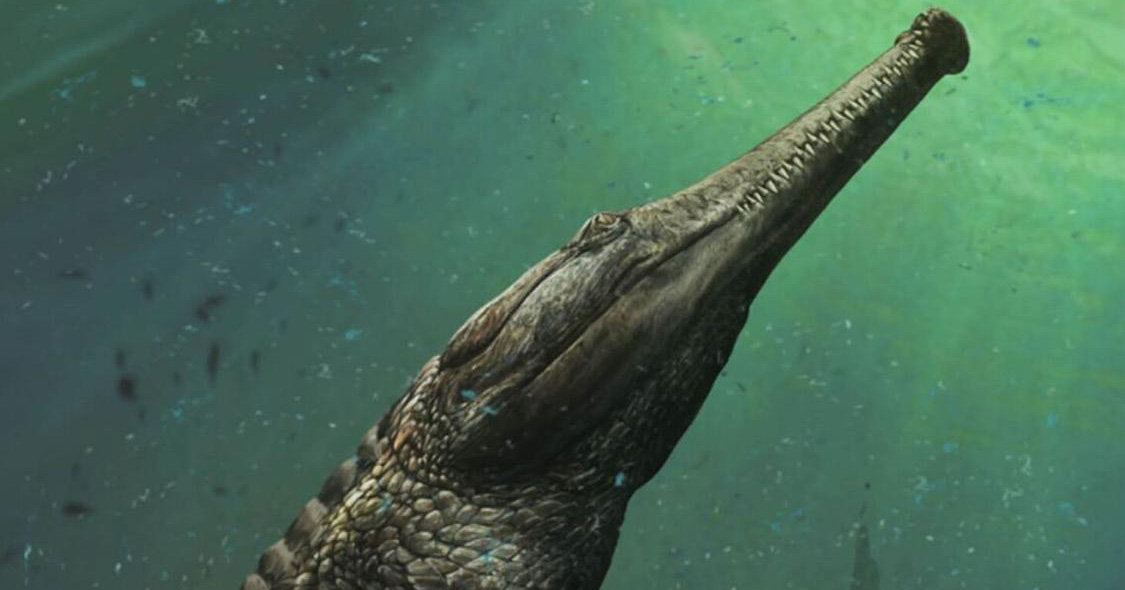
Paleontologists have found the remains of a colossal crocodile believed to be the biggest of its kind.
The newly discovered “Machimosaurus rex” species could have grown to more than 30-feet long and weighed about 6,000 pounds, National Geographic reports. The fossils, including a skull, belonging to the marine crocodile were found in the Tunisian desert in a 120-million-year-old rock, according to the magazine.
“This is a neat new discovery from a part of the world that hasn’t been well-explored for fossils,” University of Edinburgh paleontologist Stephen Brusatte, who was not involved with the new study, told National Geographic. “It would likely have been something of an ambush predator, hanging around in shallow water hunting turtles and fishes and maybe waiting for some land animals to come a little too close to the shore.”
More Must-Reads from TIME
- Introducing the 2024 TIME100 Next
- The Reinvention of J.D. Vance
- How to Survive Election Season Without Losing Your Mind
- Welcome to the Golden Age of Scams
- Did the Pandemic Break Our Brains?
- The Many Lives of Jack Antonoff
- 33 True Crime Documentaries That Shaped the Genre
- Why Gut Health Issues Are More Common in Women
Contact us at letters@time.com